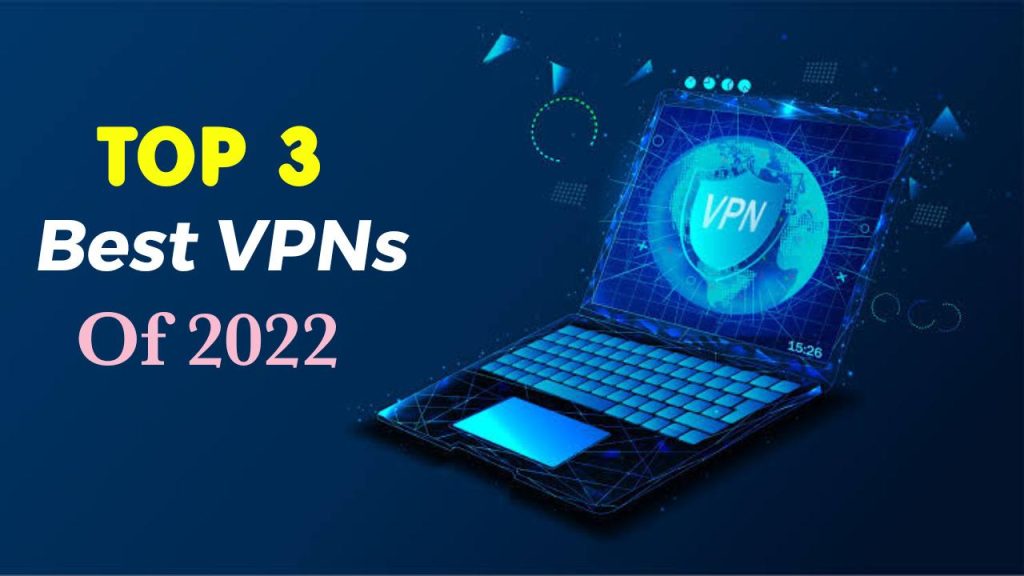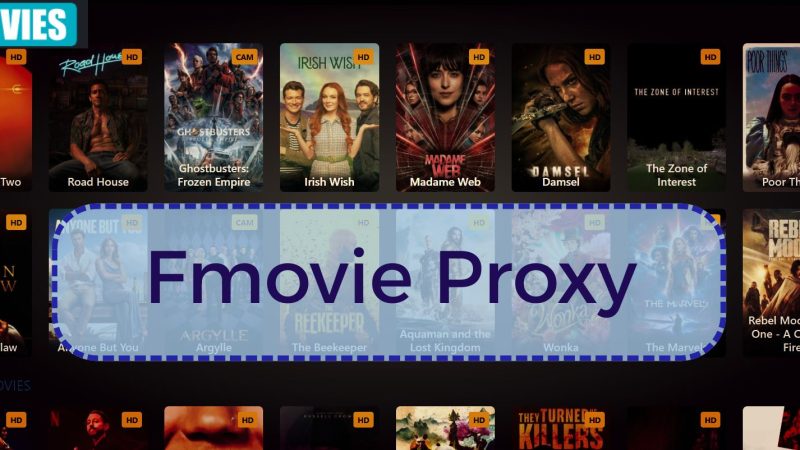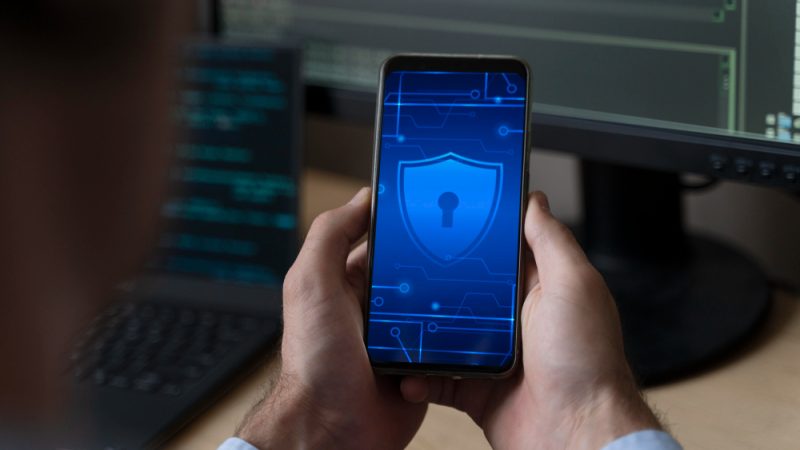How to Become Anonymous on the Internet

Are you concerned about your privacy? Or you want to hide your identity from other people? Then this article is just for you.
In this article, we’ll walk you through the basics of how to become anonymous on the internet, step-by-step. We’ll also recommend some tools and resources that can help you take your online privacy to the next level.
So without further ado, let’s get started!
Why Would You Want to Be Anonymous on the Internet?
There are a number of reasons you might want to be anonymous on the Internet. Maybe you’re a whistleblower who wants to expose corruption without putting yourself in danger. Maybe you’re conducting research on a sensitive topic and you don’t want your subjects to be able to identify you. Maybe you just value your privacy and don’t want your every move tracked by corporations or the government.
Whatever your reason, there are a few things you can do to become anonymous on the internet.
The Risks of Not Being Anonymous on the Internet

The risks of not being anonymous on the internet are very real. If you’re not careful, you could easily end up revealing too much personal information that could be used against you.
There are a number of ways that your personal information can be compromised online. For example, if you use the same password for multiple accounts, hackers can easily gain access to all of your accounts if they manage to crack just one of them.
Additionally, many websites and apps track your activity and collect data about you. This data can be used to create a detailed profile of you, which can then be sold to advertisers or other interested parties.
If you’re not anonymous on the internet, you’re at risk of having your personal information leaked, hacked, or simply collected and sold without your consent. So it’s important to be aware of the risks and take steps to protect yourself.
Tools and Tips for Staying Anonymous Online
Here are some tools and tips to help you stay anonymous online:
1. Use an encrypted browser
If you want to be truly anonymous on the internet, you need to use an encrypted browser. When you use an encrypted browser, your ISP (internet service provider) can’t see which websites you’re visiting or what you’re doing on those websites.
There are a few different encrypted browsers to choose from, but my personal favorite is the Tor Browser. The Tor Browser is a free, open-source browser that encrypts your traffic and routes it through a series of servers, making it impossible to trace back to your computer.
If you’re serious about anonymity, I highly recommend using the Tor Browser. It’s the best way to make sure your ISP can’t see what you’re doing on the internet.
2. Use a VPN
A VPN, or Virtual Private Network, is a great way to become anonymous on the internet. When you connect to the internet through a VPN, your traffic is routed through an encrypted tunnel, so your ISP can’t see what you’re doing.
Additionally, a VPN will mask your IP address, so websites you visit will only see the IP address of the VPN server. This makes it difficult to trace activity back to you.
There are many different VPN providers out there, so be sure to do your research before choosing one. We recommend looking for a provider that offers a free trial or money-back guarantee, so you can try out the service before committing to it.
3. Use a secure email service
There are a number of secure email services out there that you can use to maintain your anonymity. Some of the most popular ones include ProtonMail and Tutanota.
Both of these services offer end-to-end encryption, meaning that your messages are encrypted before they’re even sent, and can only be decrypted by the recipient. This makes it impossible for anyone in between (including the email service itself) to read your messages.
Additionally, both ProtonMail and Tutanota offer self-destructing messages, which is a great way to ensure that your messages can’t be read by anyone after they’ve been sent.
Finally, both services offer anonymous payment options, so you don’t have to worry about your personal information being linked to your account.
4. Check app permissions
The next thing you can do to make sure you’re anonymous on the internet is to check the permissions of the apps you’re using. A lot of times, people will download an app and then just mindlessly click “agree” to the Terms and Conditions without actually reading them.
Big mistake.
When you do that, you could be giving the app permission to access your location, read your contacts, or even track your usage. So before you download anything, make sure to read the permissions carefully and only give the app access to what it actually needs.
5. Use a Proxy
One way you can become anonymous on the internet is by using a proxy. A proxy is a server that acts as an intermediary between you and the website you’re trying to access.
When you use a proxy, your request goes to the proxy server first. The proxy server then makes the request to the website on your behalf and sends you back the response. This way, the website only sees the IP address of the proxy server, not your real IP address.
Proxies are a great way to become anonymous on the internet, but they have their limitations. For example, proxies don’t encrypt your traffic, so your ISP can still see what you’re doing. Also, if the proxy server keeps logs, then your anonymity is compromised.
6. Use Ad blockers
Ad blockers are a good way to become more anonymous on the internet because they block cookies and tracking scripts that collect data about you. uBlock Origin and AdBlock Plus are two popular ad blockers that are available for free.
When you use an ad blocker, keep in mind that some websites may not work properly if you have one enabled. To get around this, you can turn off your ad blocker for specific websites that you trust.
7. Use Strong Passwords
You should use strong and unique passwords for every account you create. A strong password is at least 12 characters long and includes a mix of uppercase and lowercase letters, numbers, and symbols. You can use a password manager to help you generate and keep track of strong passwords.
When creating a password, avoid using personal information like your birthdate or mother’s maiden name. And, never use the same password at more than one site. If one site is compromised, all of your accounts could be at risk.
8. Avoid using public Wi-Fi
Another way to protect your identity is to avoid using public Wi-Fi whenever possible. I know it can be tempting to take advantage of free Wi-Fi when you’re out and about, but it’s just not worth the risk.
Public Wi-Fi is inherently insecure because anyone can set up a fake hotspot and intercept the data you’re sending and receiving. This means that all of your sensitive information, like passwords and credit card numbers, could be vulnerable to interception.
So instead of using public Wi-Fi, I recommend using your cellular data plan or creating a personal hotspot with your own router. Both of these options are much more secure and will help you keep your identity safe.
Top 3 Best VPNs Of 2022

1. NordVPN
If you’re looking for a VPN that will give you top-of-the-line security and privacy, NordVPN is a great choice. It’s one of the most popular VPNs on the market, and for good reason.
NordVPN encrypts your traffic with AES-256-bit encryption and provides DNS leak protection. This means that your data is secure and private, and no one will be able to snoop on your activities.
In addition, NordVPN has a strict no logs policy, so you can be sure that your information will never be stored or shared. NordVPN is also one of the few VPNs that offers an automatic kill switch.
It is good VPN for streaming Netflix, streaming sports like NBA sites, NFL online from anywhere, and visit any site you want to visit, which is otherwise geoblocked.
This means that if your VPN connection is ever interrupted, all of your traffic will be immediately disconnected, so you never have to worry about your privacy being compromised. All of these features make NordVPN a great choice if you’re looking for a VPN that will give you peace of mind.
2. Surfshark VPN
Surfshark is one of the best VPNs on the market, and for good reason. Not only does it have military grade encryption, but it also has a strict no logs policy, meaning your data will never be stored or monitored.
Plus, it’s super easy to use. Just download the app, sign up, and you’re good to go. And if you’re ever having trouble, their customer support is 24/7 and always happy to help.
And did I mention that it’s affordable? Surfshark starts at just $2.49/month, making it one of the most affordable VPNs out there. So if you’re looking for a VPN that’s both easy to use and protects your privacy, Surfshark is a great option.
3. ExpressVPN
If you’re looking for the best of the best when it comes to VPNs, you can’t go wrong with ExpressVPN. They’re one of the most popular VPN providers out there, and for good reason.
ExpressVPN is known for their high speed, reliable connections, and strong security features. They have servers in 94 countries, so you can always find a fast and reliable connection. And their 256-bit AES encryption is military grade, so you can be sure your data is safe from prying eyes.
Plus, they have a strict no logs policy, so you can browse the internet with complete peace of mind knowing that your data is never stored or monitored. And if you ever have any issues, their 24/7 live chat support is always there to help.
Conclusion
Now that you know how to become anonymous on the Internet, it’s time to put what you’ve learned into practice. The most important thing to remember is to use a VPN, which will encrypt your traffic and hide your IP address.
But that’s not all—you should also use a secure browser like Tor, which will help you stay anonymous by routing your traffic through a network of servers. And finally, don’t forget to use a secure email service like ProtonMail, which will encrypt your emails so that nobody can read them but you.
Follow these steps and you’ll be well on your way to becoming anonymous on the Internet.






